 Congratulations to Dr. Soluchana Dhakal-Rai whose latest research paper ‘Explaining rising caesarean section rates in urban Nepal: A mixed-methods study’ has been accepted today by the international journal PLOS One [1]. Sulochana graduated last November with a Ph.D. from Bournemouth University; photo shows her with the BU-based supervisors: Dr. Juliet Wood, Dr. Pramod Regmi and Prof. Edwin van Teijlingen.
Congratulations to Dr. Soluchana Dhakal-Rai whose latest research paper ‘Explaining rising caesarean section rates in urban Nepal: A mixed-methods study’ has been accepted today by the international journal PLOS One [1]. Sulochana graduated last November with a Ph.D. from Bournemouth University; photo shows her with the BU-based supervisors: Dr. Juliet Wood, Dr. Pramod Regmi and Prof. Edwin van Teijlingen. 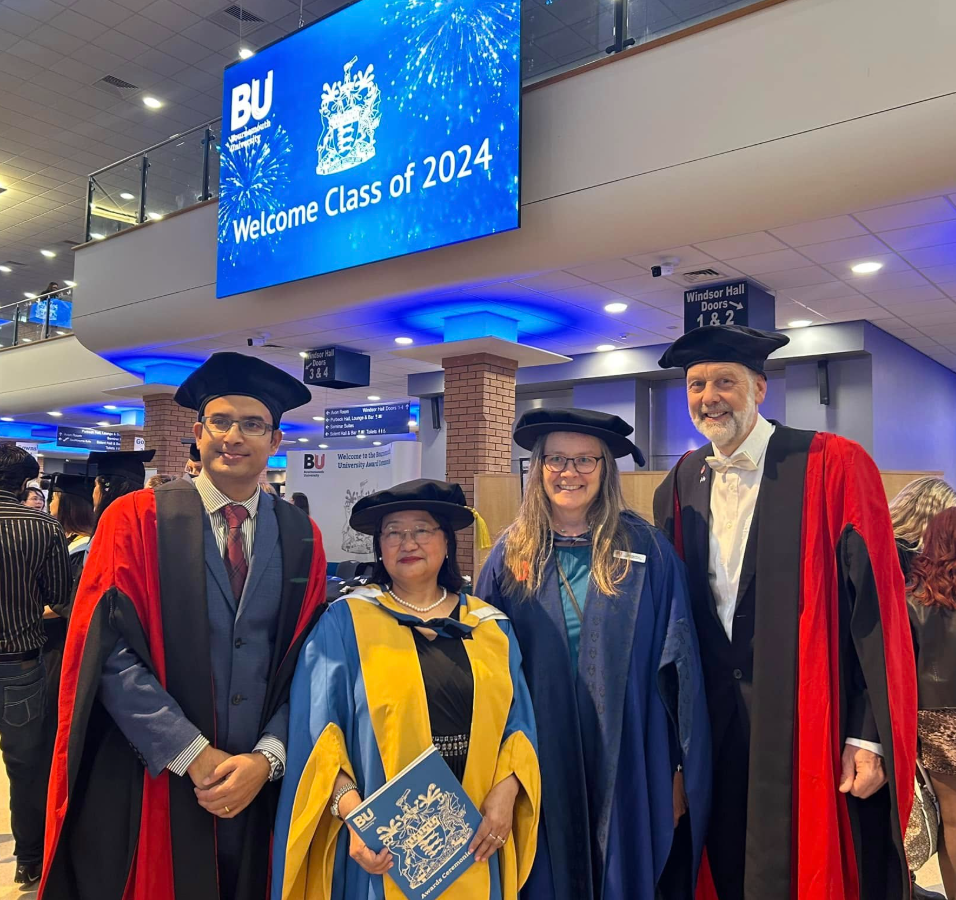
Sulochana has been very productive in terms of publications based on her Ph.D., as this is the seventh paper based on her research! She published six previous papers [1-6], in addition during her time as BU Ph.D. student Sulochana also contributed to a book chapter [8[ as part of the textbook Academic Writing and Publishing in Health & Social Sciences.
Prof. Edwin van Teijlingen

References:
- Dhakal Rai, S., van Teijlingen, E., Regmi, P.R., Wood, J., Dangal, G., Dhakal, K.B. 2025 Explaining rising caesarean section rates in urban Nepal: A mixed-methods study, PLOS One (Accepted).
- Dhakal-Rai, S, van Teijlingen E, Regmi,PR, Wood J, Dangal G, Dhakal KB. (2022) Factors contributing to rising cesarean section rates in South Asian countries: A systematic review, Asian J Med Sci 13(2): 143-174.
- Dhakal-Rai, S, van Teijlingen E, Regmi,PR, Wood J, Dangal G, Dhakal KB. (2021) Caesarean Section for Non-medical Reasons: A Rising Public Health Issue. J Karnali Acad Health Sci 2021;4(2)
- Dhakal-Rai, S., van Teijlingen, E., Regmi, P., Wood, J., Dangal, G., Dhakal, K.B. (2021) A brief history and indications for cesarean section. J Patan Acad Health Sci, 8: e1-e10.
-
Dhakal-Rai, S., van Teijlingen, E, Regmi, P, Wood, J, Dangal, G, Dhakal, KB. (2021) Classification of Caesarean Section: A Scoping Review of the Robson classification. Nep J Obstet Gynecol. 16(32):2-9.
-
Dhakal-Rai, S., Regmi, PR, van Teijlingen, E, Wood, J., Dangal G, Dhakal, KB. (2018) Rising Rate of Caesarean Section in Urban Nepal, J Nepal Health Res Council 16(41): 479-80.
- Dhakal Rai, S., Poobalan, A., Jan, R., Bogren, M., Wood, J., Dangal, G., Regmi, P., van Teijlingen, E., Dhakal, K.B., Badar, S.J., Shahid, F. (2019) Caesarean Section rates in South Asian cities: Can midwifery help stem the rise? J Asian Midwives, 6(2):4–22.
 van Teijlingen, E., Ireland, J., Hundley, V, Dhakal Rai, S., Simkhada, P., Sathian, B. (2022) Identifying an appropriate Title, In: Wasti, S.P., et al. (Eds.) Academic Writing and Publishing in Health & Social Sciences, Kathmandu, Nepal: Himal Books: 39-47.
van Teijlingen, E., Ireland, J., Hundley, V, Dhakal Rai, S., Simkhada, P., Sathian, B. (2022) Identifying an appropriate Title, In: Wasti, S.P., et al. (Eds.) Academic Writing and Publishing in Health & Social Sciences, Kathmandu, Nepal: Himal Books: 39-47.
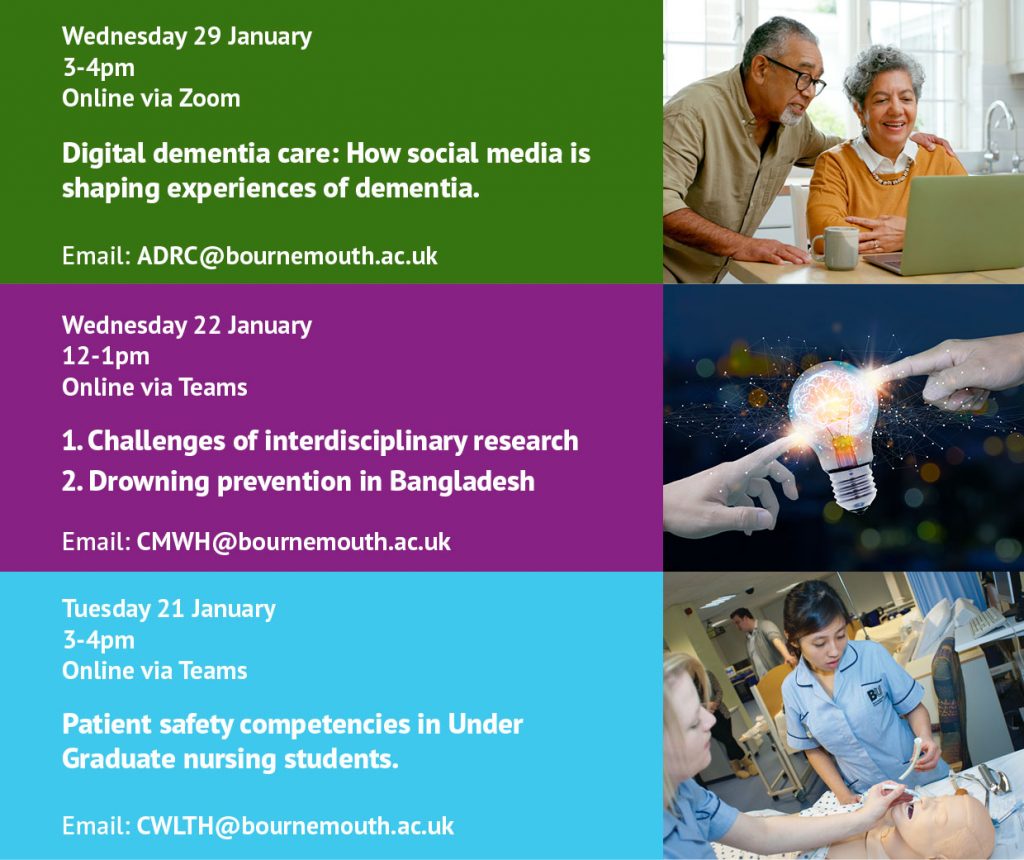
 Last month we reported on this Bournemouth University Research Blog (click here!) that Ms. Amshu Dhakal, presented findings from our Nepal Federal Health System Project in Nepal. Amshu’s presentation at the Nepal Health Conclave 2024, organised by the Ministry of Health and Population and supported by WHO (World Health Organization) Nepal and UNFPA, resulted in an online article in Nepal. This article in Nepali in Swasthya Khabar Patrika features lessons learnt and evidence from our research project “The Impact of Federalisation on the Health System of Nepal.”
Last month we reported on this Bournemouth University Research Blog (click here!) that Ms. Amshu Dhakal, presented findings from our Nepal Federal Health System Project in Nepal. Amshu’s presentation at the Nepal Health Conclave 2024, organised by the Ministry of Health and Population and supported by WHO (World Health Organization) Nepal and UNFPA, resulted in an online article in Nepal. This article in Nepali in Swasthya Khabar Patrika features lessons learnt and evidence from our research project “The Impact of Federalisation on the Health System of Nepal.”
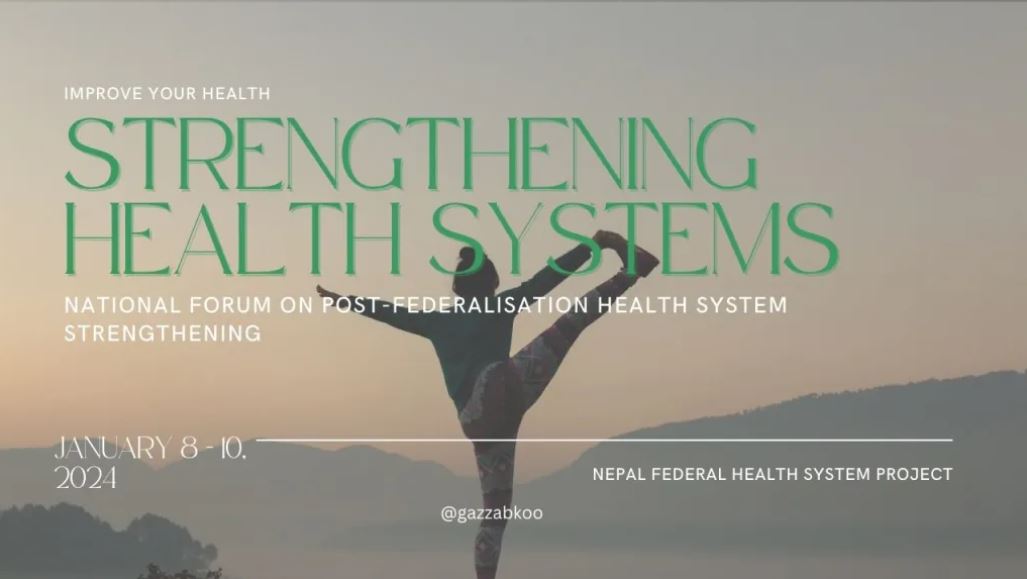 This is one of several news articles from this project which have appeared in both English and Nepali in national media in Nepal.
This is one of several news articles from this project which have appeared in both English and Nepali in national media in Nepal. 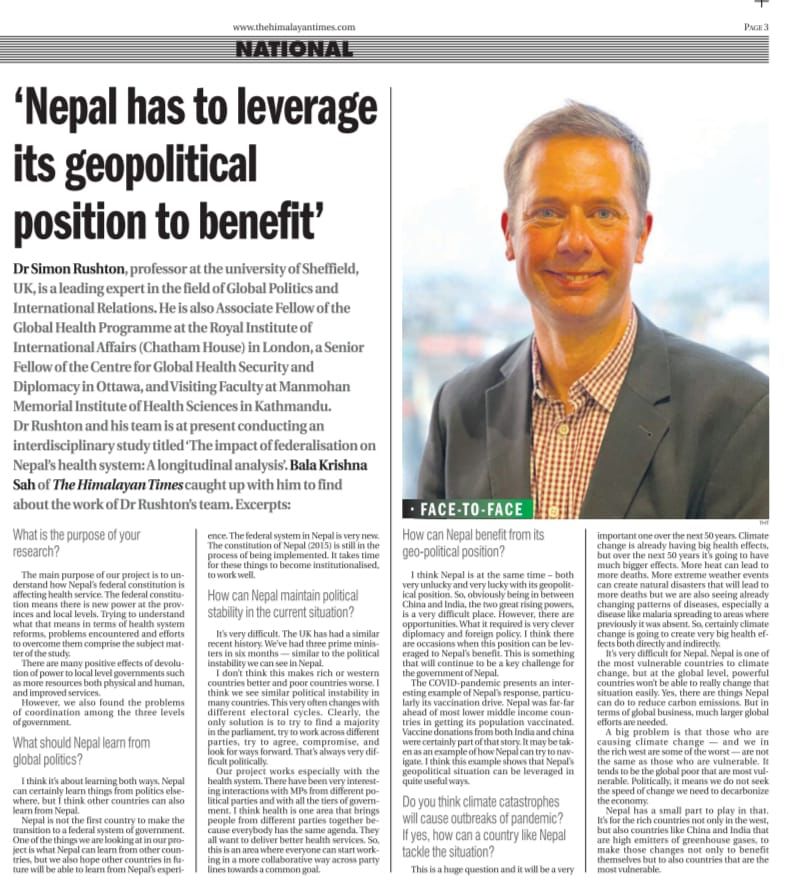 Our interdisciplinary research project ‘
Our interdisciplinary research project ‘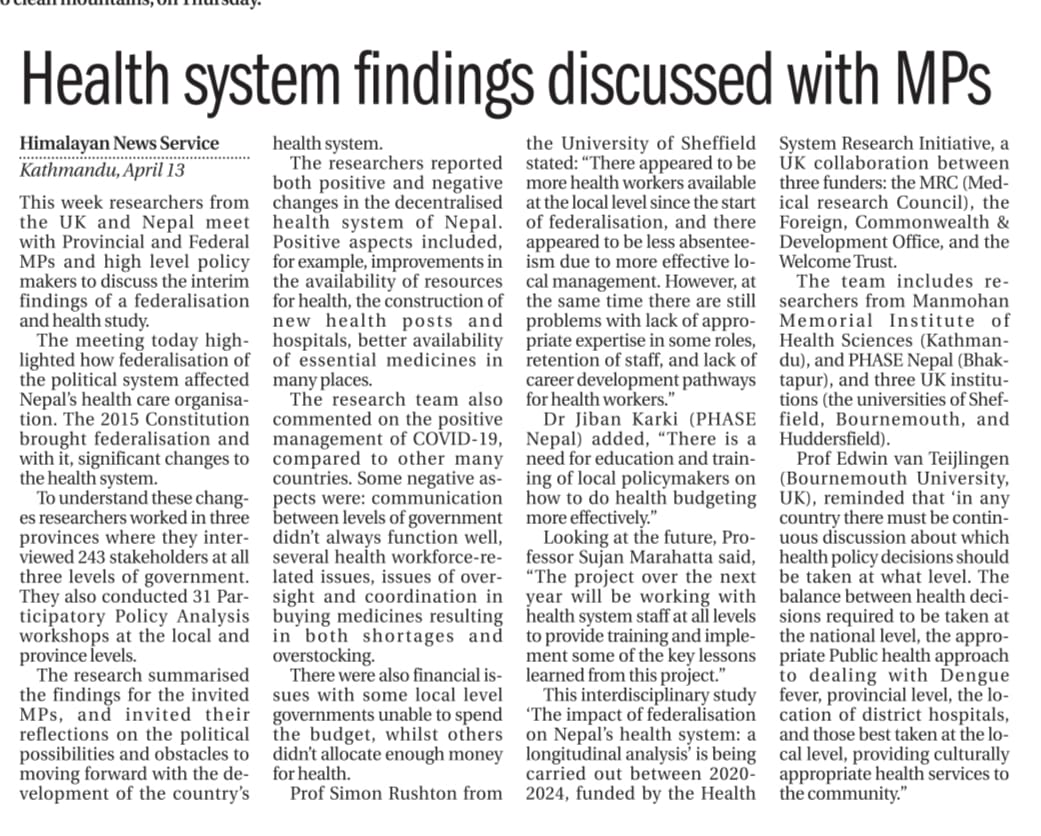
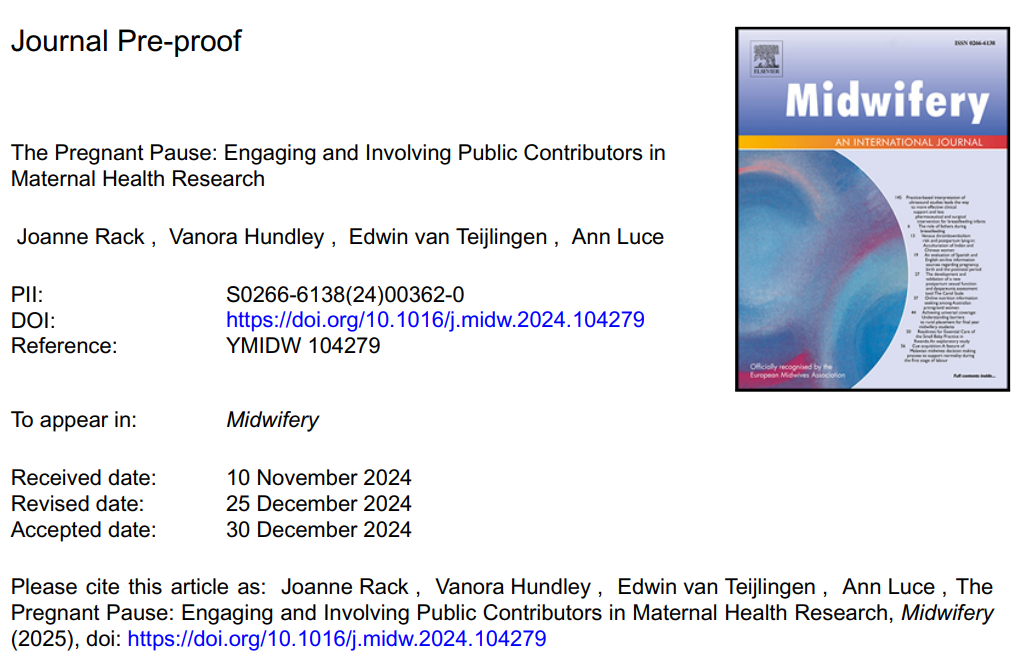

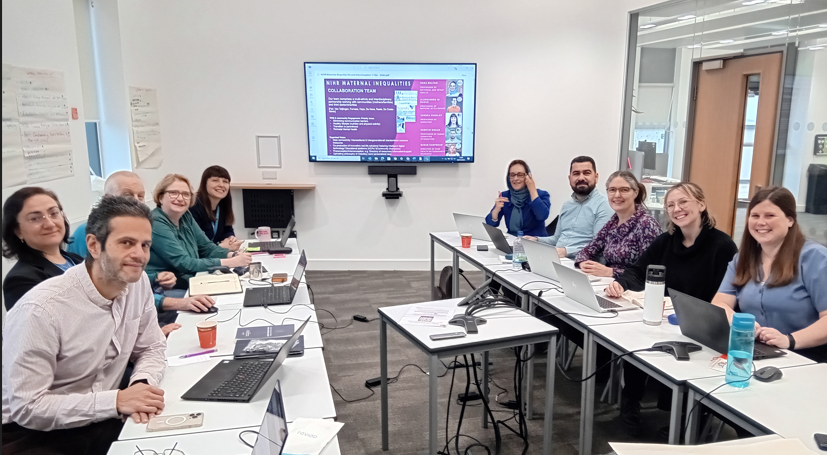

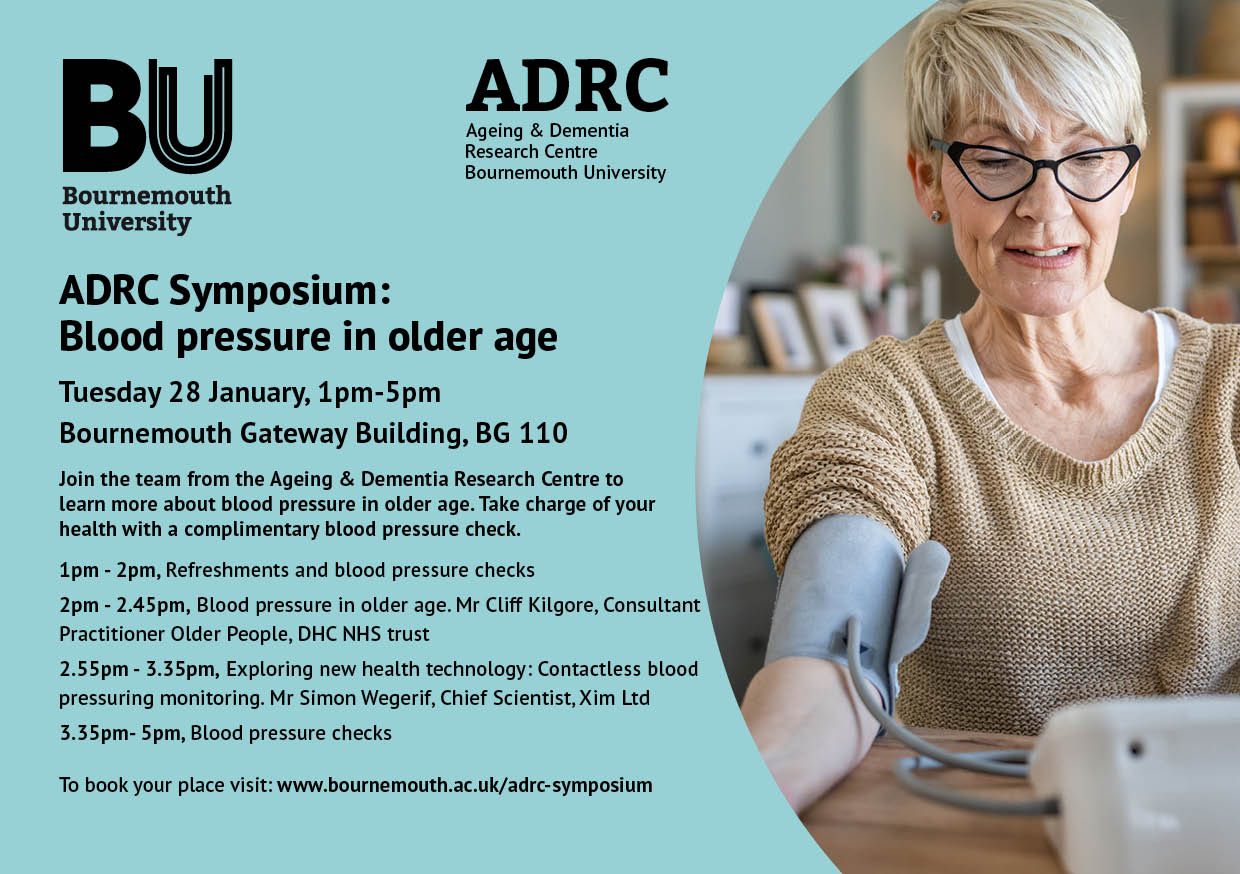
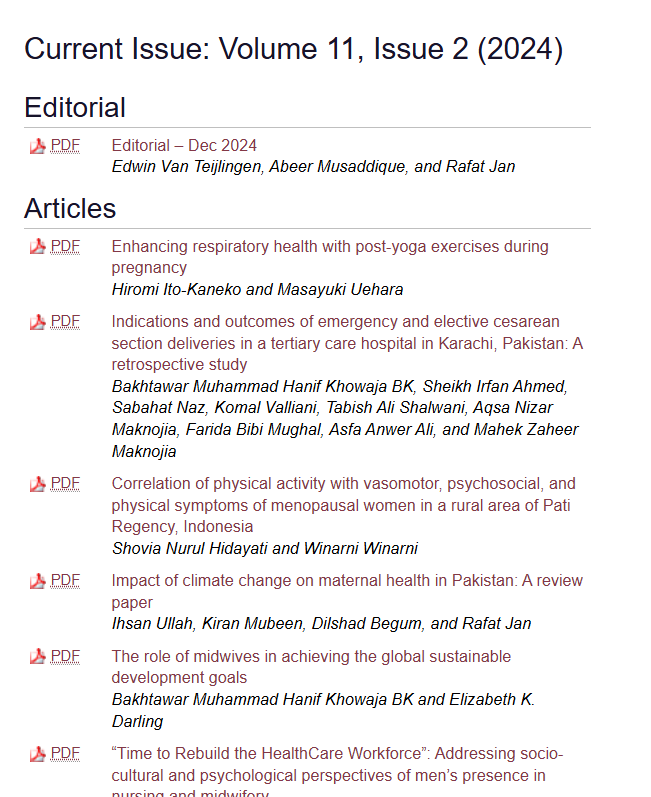
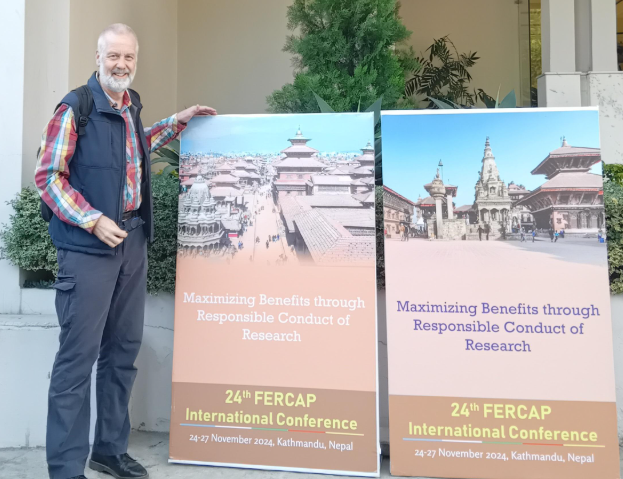

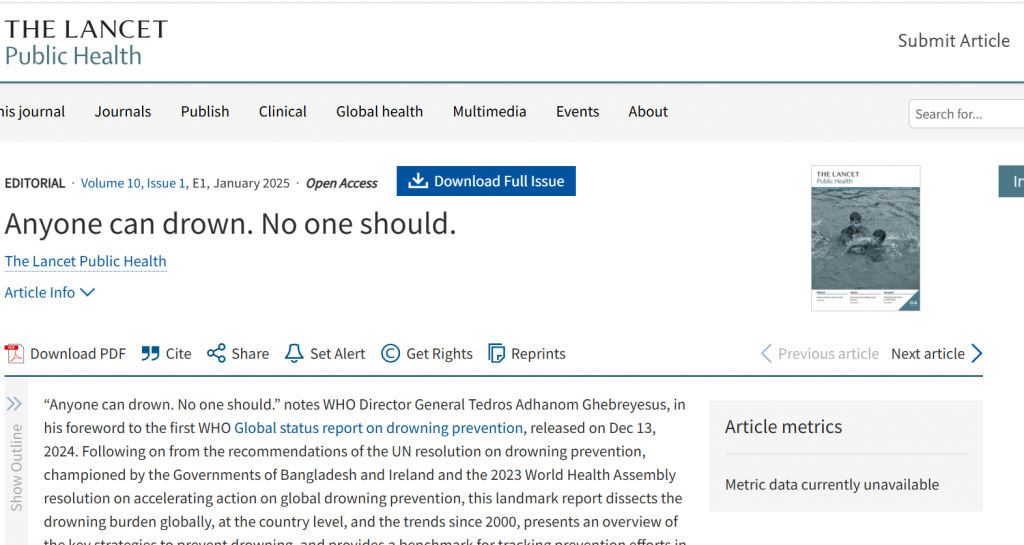


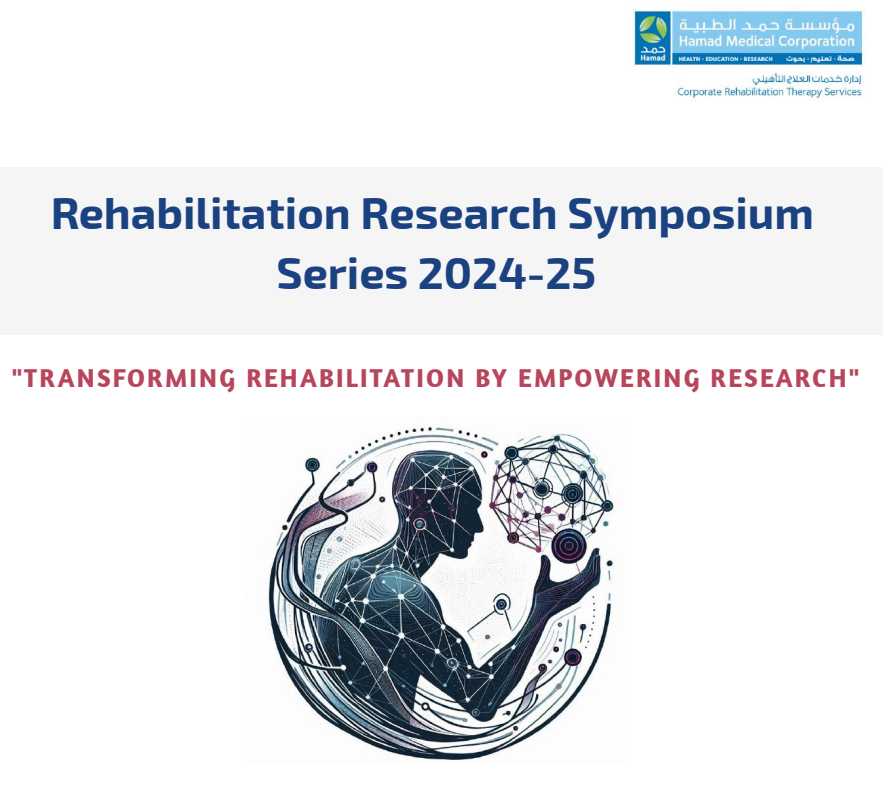

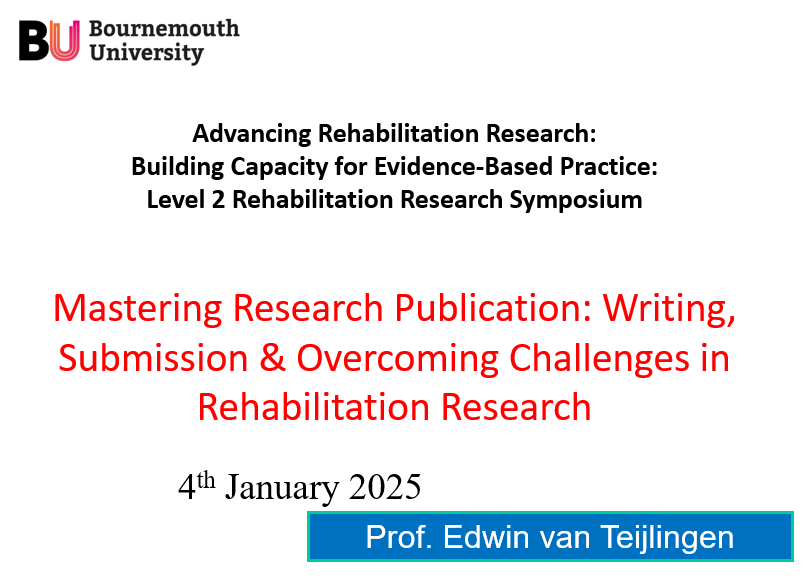
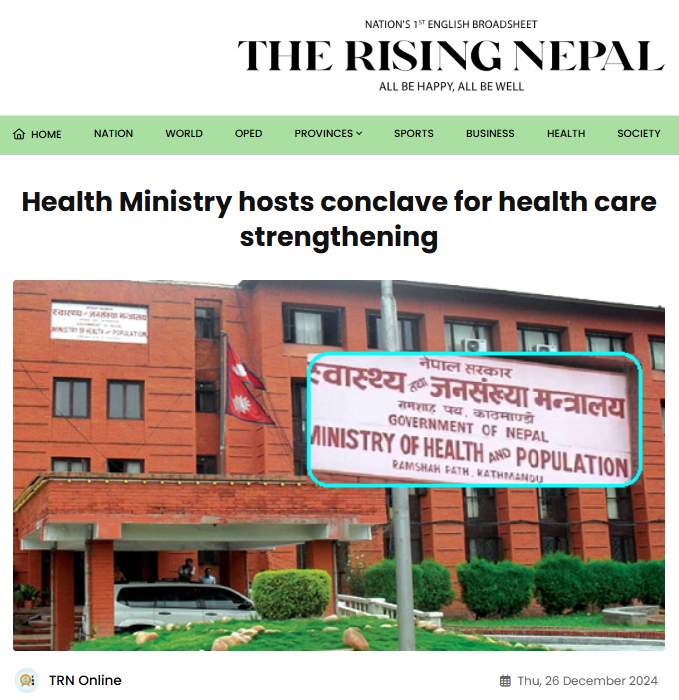
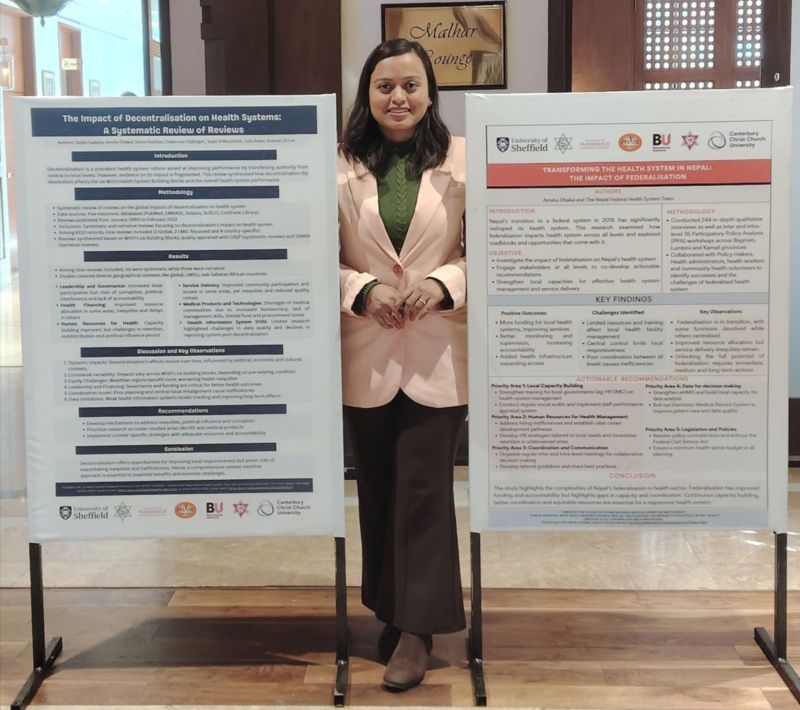

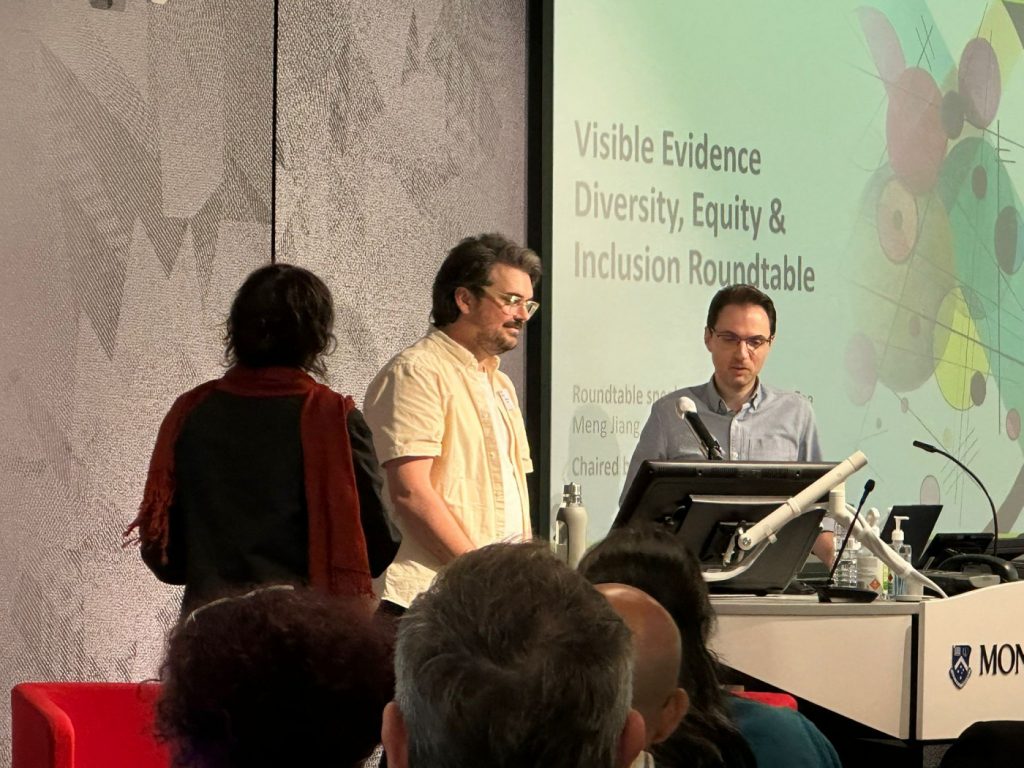

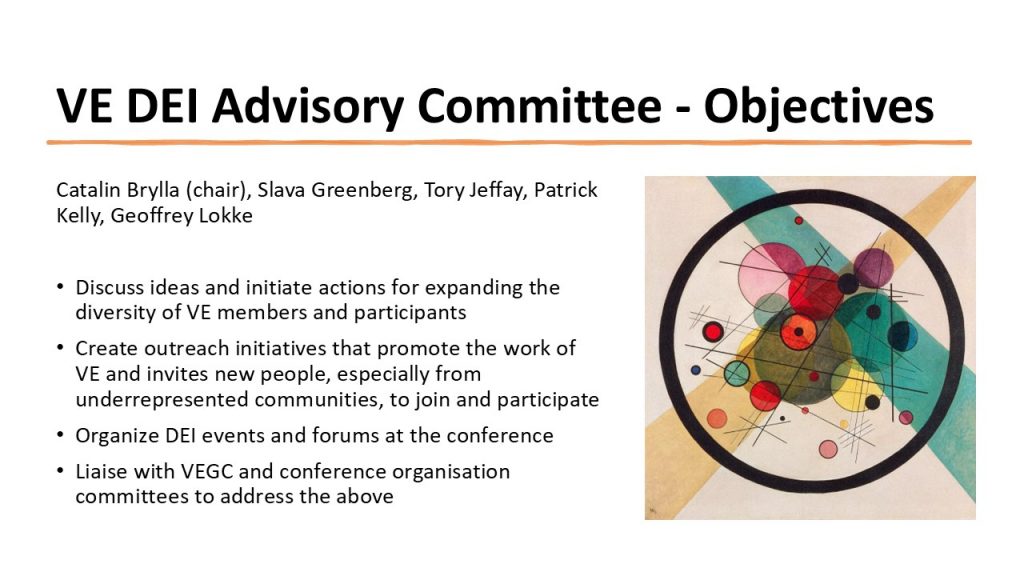
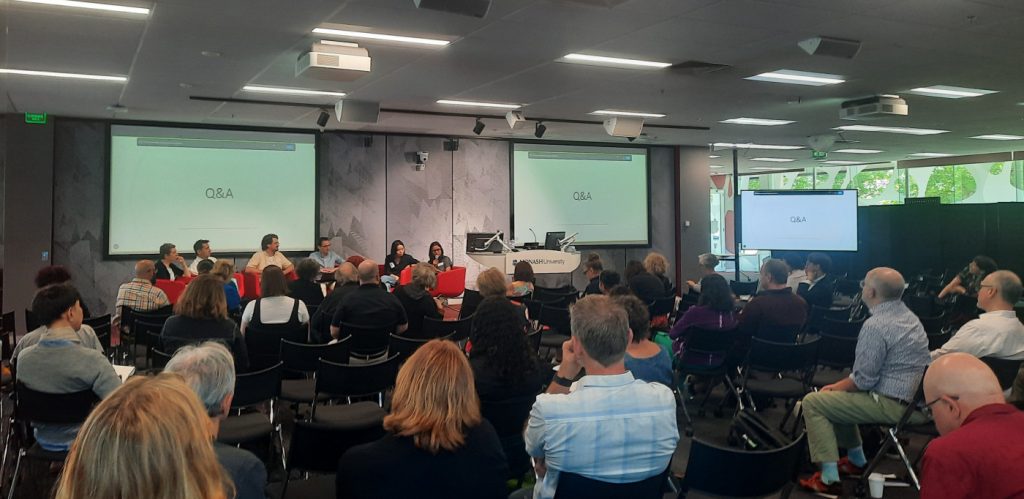
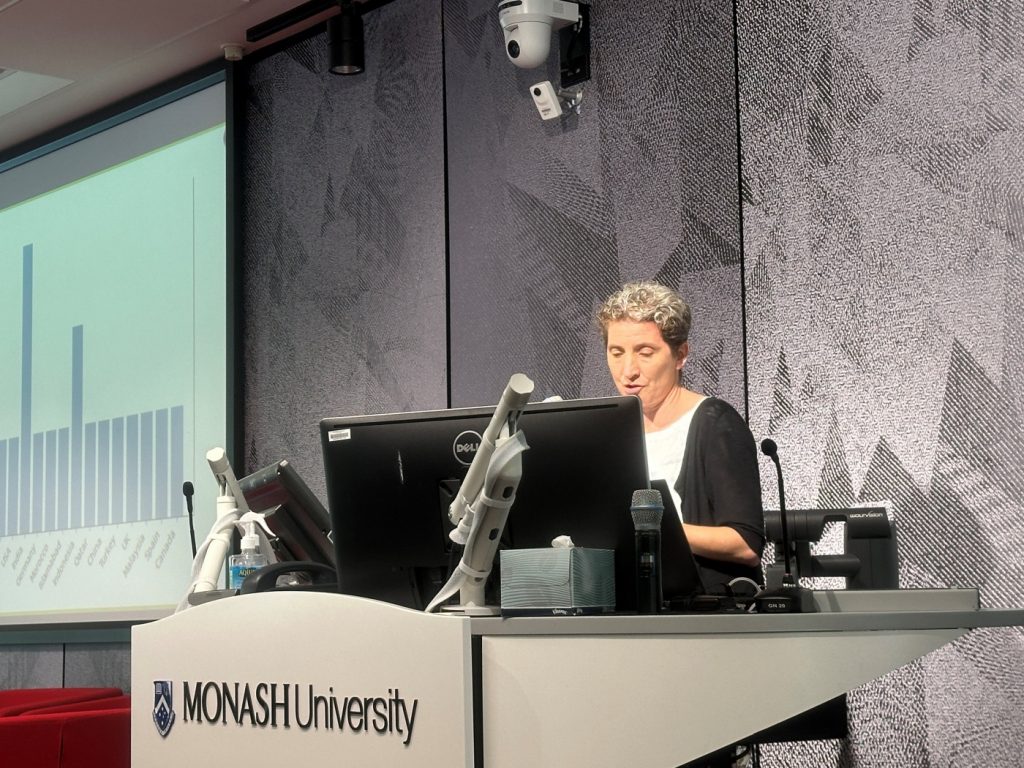
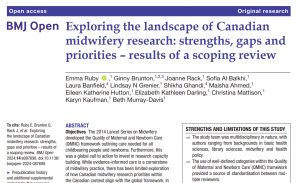
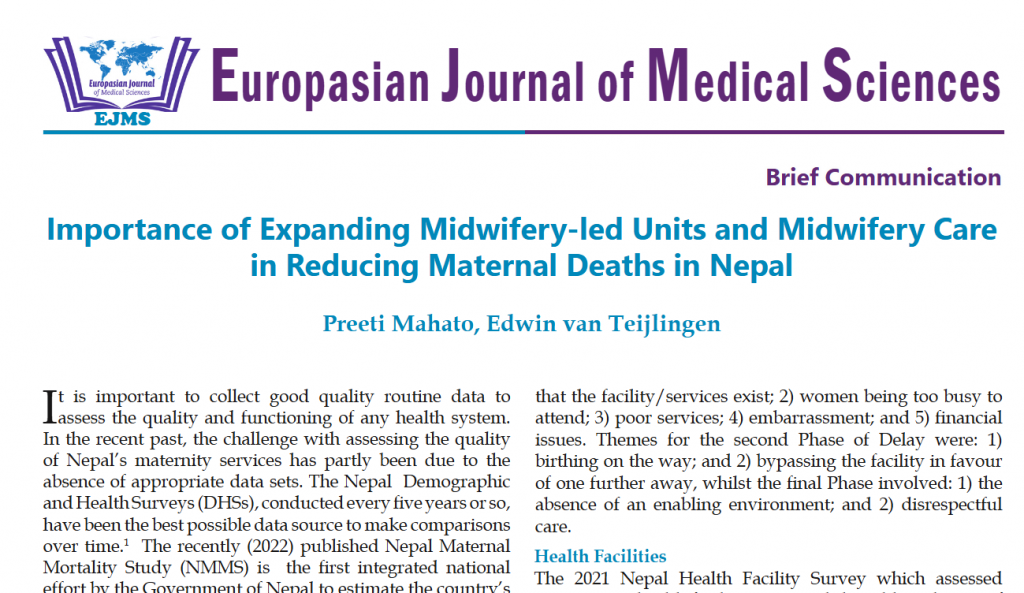
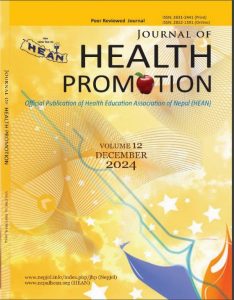
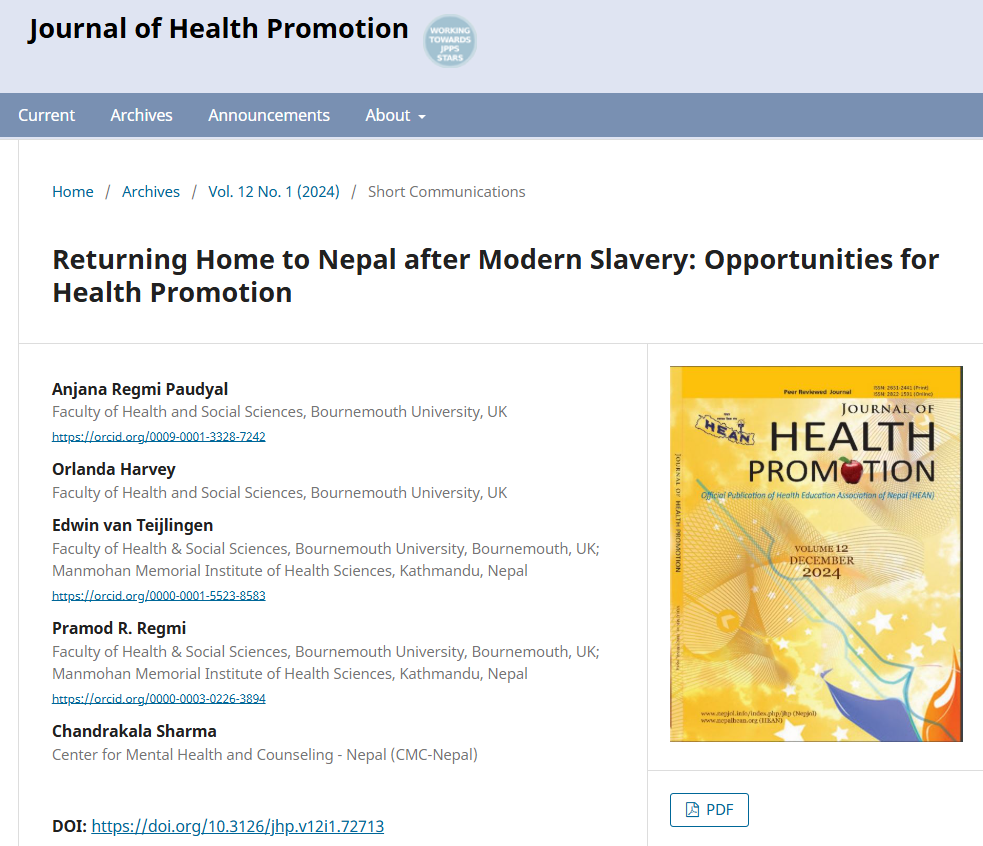

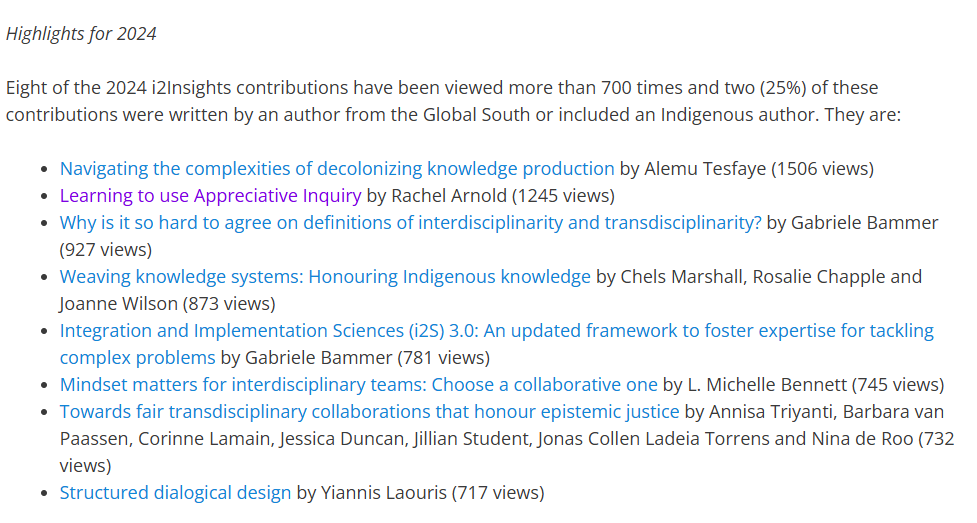
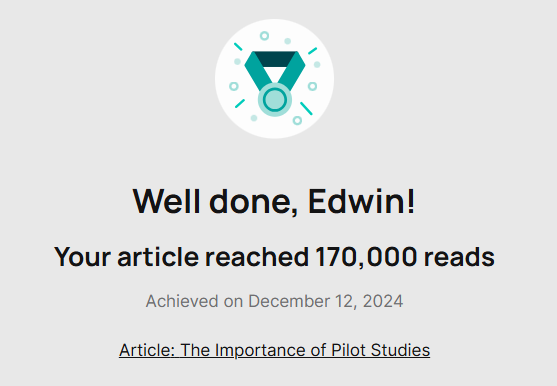
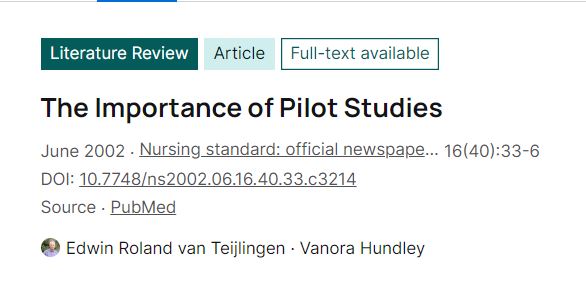











 Conversation article: Films can change the world – why universities and film schools should teach impact strategies
Conversation article: Films can change the world – why universities and film schools should teach impact strategies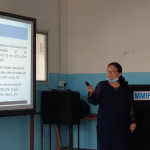 New PhD publication on Caesarean Section
New PhD publication on Caesarean Section Get in touch with the public engagement team for support in promoting your event
Get in touch with the public engagement team for support in promoting your event 3MT Competition – Applications open
3MT Competition – Applications open BU Professor has been invited to a series of plenary and invited lectures.
BU Professor has been invited to a series of plenary and invited lectures. An Interview of BU-lead EU H2020 FIRST project published in “Horizon”, the EU Research & Innovation Magazine
An Interview of BU-lead EU H2020 FIRST project published in “Horizon”, the EU Research & Innovation Magazine Update on Horizon Europe Guarantee
Update on Horizon Europe Guarantee